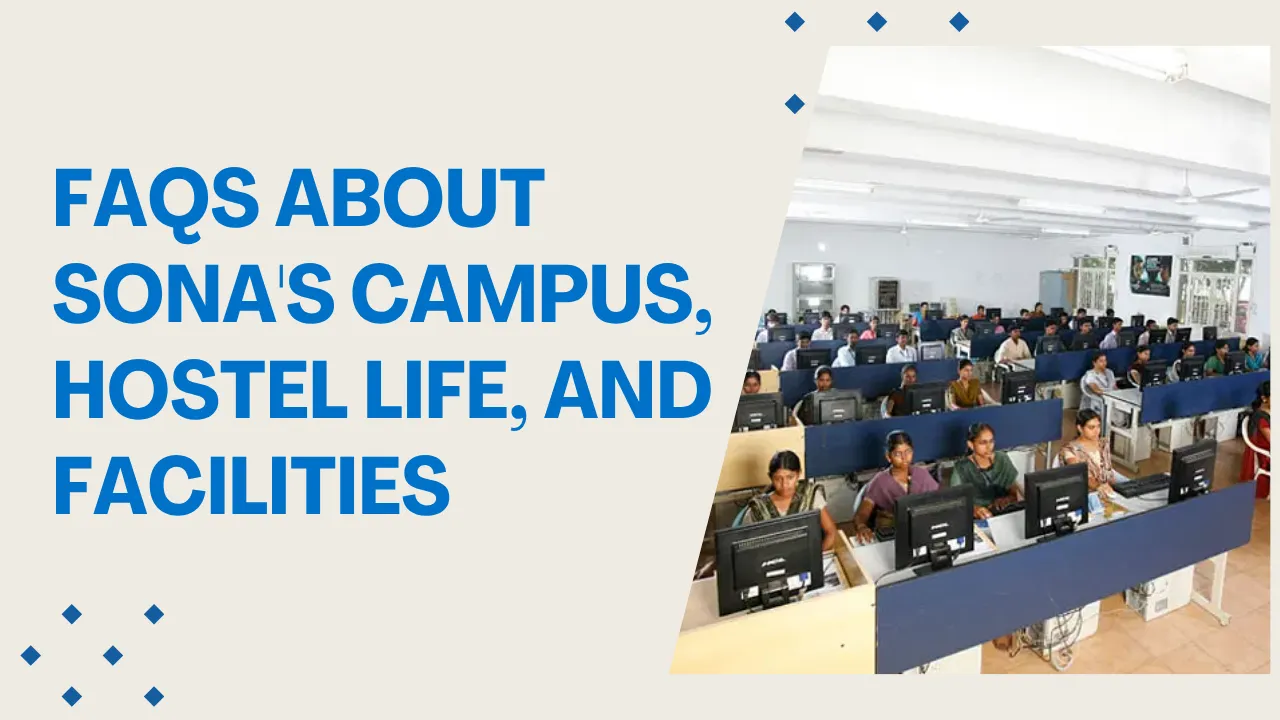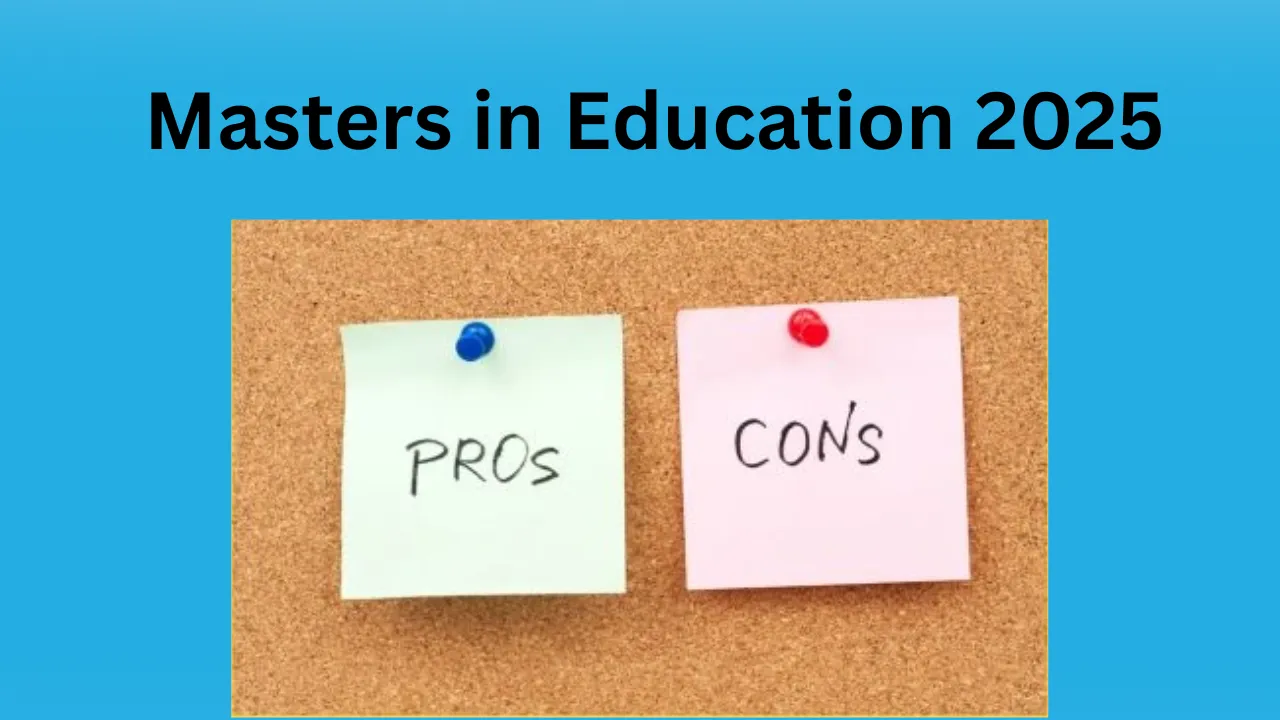Sona School of Management: In today’s rapidly evolving business environment, artificial intelligence (AI) and data analytics have moved from being niche skills to essential tools in a manager’s toolkit. Organizations around the world are actively seeking professionals who can interpret data, automate decision-making, and lead innovation through technology. Sona School of Management, aware of this shifting landscape, has responded with an MBA curriculum that puts AI and analytics at its core.
This transformation in learning isn’t just about adding a few technical courses. It’s about reimagining business education in a world where digital fluency is a prerequisite for leadership. At Sona, students don’t just study business—they live it through data-powered decisions, AI-driven simulations, and real-world analytics challenges. The school’s forward-thinking approach ensures that every MBA graduate is equipped not just to participate, but to lead in the age of AI.
Sona School of Management
Sona School of Management has fully integrated AI and data analytics into its MBA program, ensuring that students graduate with both business acumen and digital competence. The curriculum is designed to seamlessly combine management fundamentals with advanced technological applications, preparing students for high-demand roles in industries where data intelligence is now key.
Whether it’s developing predictive models for marketing, using machine learning in financial forecasting, or employing AI tools in HR decision-making, students are immersed in technologies that are redefining the corporate world.
Overview Table: AI & Data Analytics in Sona MBA
| Aspect | Details |
| Curriculum Integration | AI and analytics woven into core and elective courses |
| Key Skills Developed | Machine learning, big data, predictive modeling, data visualization |
| Learning Methodologies | Case studies, live projects, labs, internships, and thesis-based research |
| Certification Partners | Collaborations with tech firms for niche certifications in AI and analytics |
| Application Areas | Marketing, Finance, HR, Operations, and Strategic Management |
Curriculum Integration
Sona doesn’t treat AI or analytics as optional additions. They’re deeply embedded in the core of its MBA curriculum, offering students consistent exposure across every functional area. For example:
- Business strategy classes use predictive modeling to evaluate risk scenarios.
- Finance courses teach students how to build AI-powered financial planning tools.
- HR subjects explore talent analytics and recruitment automation.
The goal is not to turn students into data scientists but to mold business leaders who can think critically with data and understand how to lead teams in a tech-driven world.
Skill Development for the Digital Age
Through their coursework and projects, Sona MBA students gain hands-on experience with some of the most sought-after technical competencies in today’s job market, including:
- Big Data Handling: Techniques for managing and cleaning vast datasets for actionable insights.
- Predictive Analytics: Building models to forecast sales, consumer behavior, or operational outcomes.
- Machine Learning: Understanding how algorithms can automate decisions in marketing or finance.
- Data Visualization: Creating dashboards and visuals using tools like Power BI, Tableau, or Python libraries.
- Natural Language Processing: Analyzing text data from social media, surveys, or customer feedback.
Each of these skills is taught not in isolation, but in the context of solving complex business problems.
Experiential Learning in Action
One of the most defining aspects of Sona’s MBA is its commitment to experiential learning. Students are given numerous opportunities to apply what they learn in real business scenarios:
- Live Projects: Collaborating with real businesses on AI-based assignments, such as automating supply chain analytics or improving customer engagement through data.
- Internships: Every student undergoes internships where they are placed in roles that require them to use analytics tools to address strategic or operational issues.
- AI & Analytics Labs: These facilities allow students to experiment with AI algorithms and create predictive models using real-time data feeds.
- Capstone Projects: Students work on end-of-program thesis projects focused on AI applications in business, often co-supervised by industry professionals.
This strong practice-oriented approach ensures that learning is always grounded in the challenges of the real world.
Industry Partnerships & Certifications
To maintain curriculum relevance and match the pace of industry innovation, Sona School of Management partners with leading tech organizations. These partnerships offer:
- Joint certification programs in areas like “AI for Managers,” “Cloud-based Analytics,” and “Data-Driven Business Strategy.”
- Masterclasses by tech leaders, giving students insight into how AI is being used in global firms.
- Access to cloud platforms and AI APIs, providing hands-on learning with current technologies.
These collaborations also play a pivotal role in curriculum design and provide networking opportunities that extend well beyond the classroom.
Functional Application of AI and Analytics
What makes Sona’s approach truly standout is how it integrates AI and analytics into traditional MBA subjects:
- Marketing: Use of consumer segmentation models, AI-based ad targeting, and sentiment analysis tools.
- Finance: Applications like AI for fraud detection, trading algorithms, and portfolio optimization.
- Operations: Smart logistics systems, inventory prediction, and process automation.
- Human Resources: Talent acquisition using AI screening tools, and HR analytics for performance management.
This holistic approach ensures that every graduate can function effectively in multidisciplinary teams, driving performance through tech-informed insights.
Preparing Future-Ready Leaders
The outcome of this integrated learning approach is clear: Sona MBA graduates are digitally fluent, analytics-savvy leaders. Whether entering consulting, finance, marketing, or operations, they’re equipped to drive strategy with data.
The demand for such professionals is skyrocketing. Organizations are actively looking for business managers who can speak the language of data scientists and translate insights into business value. Sona fills this gap by producing professionals who understand both sides of the equation.
Conclusion
The Sona School of Management has successfully positioned itself as a leader in tech-integrated business education. By embracing AI and analytics not as optional extras but as central to business leadership, it prepares its students for the jobs of the future—jobs that don’t just involve managing people and processes, but understanding machines and interpreting data.
From technical proficiency to strategic application, students graduate ready to make data-driven decisions, lead digital transformation, and shape the future of work.

















